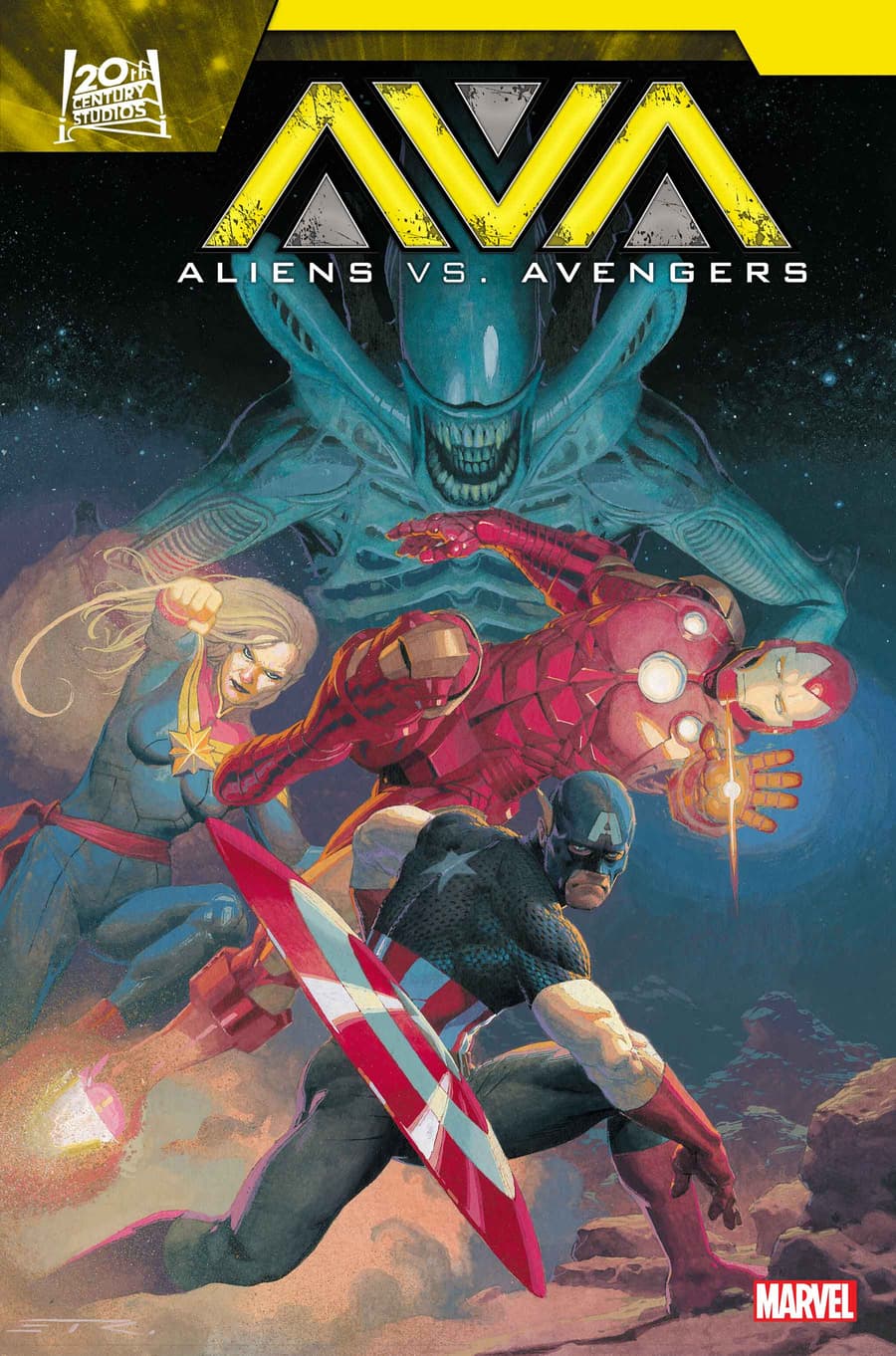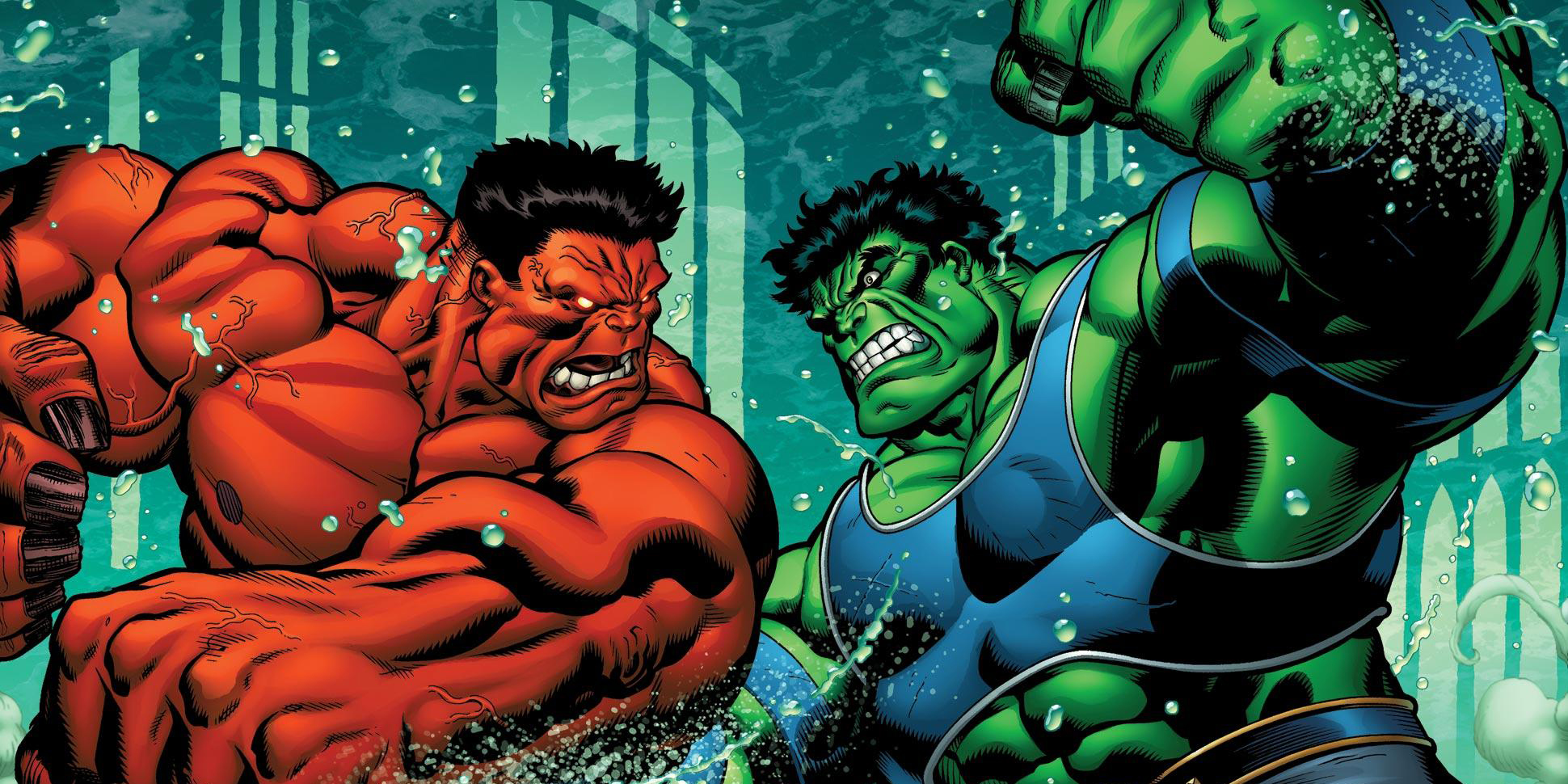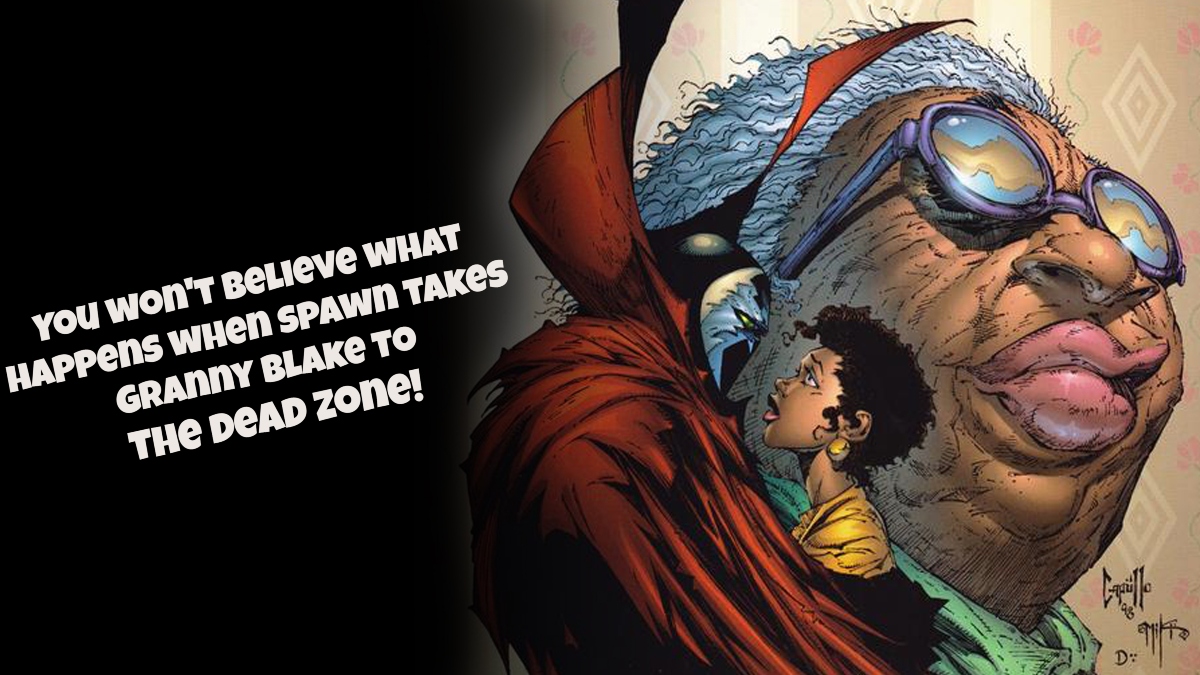Whether you love it or not, HBO’s Game of Thrones is probably the biggest show on TV right now, perhaps ever. The popularity of a fantasy show like this would have seemed unlikely 10 years ago.
Around 15 years ago, The Lord of the Rings movies had just smashed the box office around the globe and brought the grand-daddy of fantasy stories to a new audience. There was even talk of them turning Game of Thrones and other fantasy properties into movies, which would have been a natural pattern given the road paved by The Lord of the Rings. However, despite the benefits of a high budget, movies are at most going to be three hours long, and even that would be considered an epic. Can you even imagine what Game of Thrones would have looked like if they had turned the entire series of A Song of Ice and Fire into three or four movies? This would still equate to less screen time than a season and a half of what we have got with the TV show. Yes, as we will explore in more detail, it is fair to say that Game of Thrones changed the whole game of TV, but even then, its own forbears were necessary to even get us to that point.
Now various other studios that have learned this lesson are about to dip their toes into the fantasy TV show market, with reportedly heavy budgets to really capture the audience with movie level visuals and costumes etc. For most of these projects, we do not have official air dates as yet, and many have not even began production. However, should they hit, we can assume most would be arriving throughout the very early ’20s and with the scope of some of these stories, many could essentially last the entire decade if successful.
Let’s explore the biggest franchises that are being developed for various TV studios, shall we?
Amazon Prime has both The Lord of the Rings prequel show and The Wheel of Time in development. Netflix has The Witcher about to go into production and have just announced they plan to adapt the Chronicles of Narnia in to a show. We also have HBO themselves who are planning potentially up to 5 prequel spin-off shows based on Game of Thrones, with the first due to be filmed sometime next year. HBO is rumored to be involved financially with the BBC’s adaptation of Phillip Pullmans His Dark Materials, which began filming in July. Not be outdone, Showtime has announced they have the rights to adapt Kingkiller Chronicle into a television series as well.
That’s seven MASSIVE fantasy properties being developed with potentially movie level-budgets (Lord of the Rings, when considering the cost to license, could cost $1 billion for five seasons) that should all have hit screens by the early ’20s. Whilst there is no guarantee that all these shows will be made well and find audiences, I think there is a good chance that each studio will do their homework and look to get these IP’s adapted in the right manner. The 2020s are truly going to become the golden age of fantasy shows on TV, and frankly, I can’t wait to watch them all.
But, how did we get here?
Fantasy on film/Nothing new on TV

Back when The Lord of the Rings was seen as a huge gamble even for a movie, it was simply unthinkable to imagine these being done for TV. Nowadays, it may seem obvious for these sprawling epics to be adapting in a long form of storytelling better suited to TV, but the reality is, until recently, the budgets TV producers had to play with would have meant either passing entirely or turning it into a low budget, safe, network affair.
And so we had various attempts to follow the success of The Lord of the Rings, albeit normally on smaller budgets. The results were, generally pretty bad in all honesty. But what else could you do? The best fantasy stories would require expensive visual effects and no movie studio is ever going to allow you to make a six-hour movie because audiences will simply not bother seeing it.
It’s also worth noting that the TV ecosystem 10 years ago was a completely different world. So how different was it? Well, most of us probably remember, and hell I think I might have gone almost a decade without watching anything on TV other than Buffy the Vampire Slayer and Angel.
On pretty much all fronts, TV was safe. Our editor-in-chief Joseph Jammer Medina recalls film school back in the mid-2000s. It was driven home to him and other potential future TV writers that Episode 3 of a TV show should basically be structured, and feel the same as Episode 100. When you think about it, it always did, didn’t it? TV was the place for premises to be carried out over the course of many years, not necessarily the place to tell a sprawling story.
However, even back then, there were some shows that were predictors of the change to come.
The change in TV storytelling

The real change to how studios viewed TV came quite a few years ago now, and began with the likes of 24 and LOST. Suddenly people were making sure they tuned in each week and becoming engaged in these long form stories in a way that simply hadn’t happened before. Prior to this, the key to making a winning TV show was to have singular stories for each episode, so that the audience wouldn’t feel left out if they missed a week or two, there was no catching back up required.
However, this was before the internet became fast enough to stream TV shows, before cable and satellite providers were producing DVR boxes that allowed you to record shows and watch them back in the order they were intended. What happened then, was that these shows became a part of pop culture and fans would discuss the events at work the following day and speculate about what might come next. In many ways, this hearkens back to the old Saturday morning theatre serials from the ’50s, where kids would get one hour of Flash Gordon and have to turn up at the theatre the following weekend to find out what happened. It’s highly addictive and fulfilling for a viewer to feel that connected to a story over a longer period of time.
The next thing you know we had Breaking Bad, a show built on one thing: change. Suddenly, the quality of what we expected on TV began to escalate to the point where some of the best drama around on visual mediums was no longer in theatres, but at home on TV. Breaking Bad took the essence of this water cooler chatting, what will happen next TV format and revolutionised it even further. It was never safe and it took risks, making wildly different structured episodes, from alternate points of view with completely different viewpoints and dramatic moments.
It is worth noting that this success did not happen in a vacuum. If you look at the ratings for Breaking Bad, things really didn’t take off until around Season 4. You know who we can thank for that? Netflix. Audiences were finally able to indulge themselves in binge storytelling. If you missed the TV show one week? No problem. You could check it out on Netflix once the whole season finished airing. Breaking Bad brought quality storytelling and Netflix allowed it to thrive like never before, paving the way for serialized storytelling on the small screen..
The rise of the TV budget

TV, However, still had one problem and that was visual effects heavy stories, those were still the mainstay of movies. Studios would spend lavish TV budgets on period pieces and hire the best acting talent from the movies for their small-scale drama shows, but the likes of sci-fi and fantasy were still effectively out of reach. At least, that’s how things remained until Game of Thrones began.
It cannot be stressed how much of a gamble Game of Thrones must have been. For a start, the author hadn’t finished the books (and still hasn’t). Then you factor in the very adult content which is not something usually associated with fantasy in the visual medium. However, the third, and probably riskiest, factor was the budget. Whilst Game of Thrones first season dealt with around three-quarters of the first book in the A Song of Ice and Fire series, it was also likely the least effects-heavy of the books to adapt. Most of the battles happen off-page as it were and the first book more than any other used only 2-3 locations with any regularity. In fact, the most effects-heavy stuff from that book would likely be the birth of three baby dragons and the imagery of The Wall. The producers and studio heads must have realized that the budget would need to increase as they moved on, and that’s why it was risky. If the audience didn’t buy into Season 1, it could have resulted in the show being canceled for financial reasons before getting anywhere near where we are now. So they were able to settle for a conservative budget of $5 million or so an episode.
Of course, as we know now, the opposite happened, Game of Thrones became absolutely bonkers huge and attracted in audiences who had no particular affiliation with fantasy previously. I guess the mix of sex, violence, great characters, and shocking twists hooked people in in the same way it did readers of the books. As the show’s popularity increased, so did the budget, and it is reported that Season 8 of Game of Thrones will have a budget in excess of $15 million per episode. That’s getting to the stage of big movie budgets now, save perhaps the very biggest tentpole movies (think Star Wars or Marvel).
Suddenly, we have this massive hit with a massive budget and still, it makes boatloads of cash. Cue the rest of the big TV studios as you can see from our little list above. Look at the likes of Stranger Things which has some amazing levels of visual effects work and also runs on an insane budget. Once again, the gamble has worked and Stranger Things has carved its place in pop culture history.
Conclusion: The best time for fantasy on TV is upon us.
With the kind of stories being adapted here under the kind of budgets we are talking about, this is shaping up to be another TV revolution. The time has never been better for these amazingly immersive worlds to be realized on any screen. If the majority of these shows can be a success and still make money for their studios, then this could very well be the golden age of fantasy and instead of in movies, it’s happening on TV. What effect could the ’20s decade of fantasy have on the future of TV and movies is up in the air? We already have Disney investing in high budget Marvel and Star Wars TV shows to promote their own streaming service, what comes next is anyone’s guess? All I know is that next year we have the finale of Game of Thrones to celebrate, and if nothing else we can thank Thrones for giving us a completely different TV experience that we have ever had before.
Fantasy lovers out there, we are living in a golden era for the genre we love and if anything, it’s just going to get better from here on in. But to have this great upcoming period, we have a lot of trailblazing shows to thank, none more so than Breaking Bad and Game of Thrones.
Are you as excited as me for the golden age of fantasy on TV? Which of these new shows are you most and least excited about? Share your thoughts in the comments section below as always.
Don’t forget to share this post on your Facebook wall and with your Twitter followers! Just hit the buttons on the top of this page.

 FOR FANBOYS, BY FANBOYS
Have you checked out LRM Online’s official podcasts and videos on The Genreverse Podcast Network? Available on YouTube and all your favorite podcast apps, This multimedia empire includes The Daily CoG, Breaking Geek Radio: The Podcast, GeekScholars Movie News, Anime-Versal Review Podcast, and our Star Wars dedicated podcast The Cantina. Check it out by listening on all your favorite podcast apps, or watching on YouTube!
Subscribe on: Apple Podcasts | Spotify | SoundCloud | Stitcher | Google Play
FOR FANBOYS, BY FANBOYS
Have you checked out LRM Online’s official podcasts and videos on The Genreverse Podcast Network? Available on YouTube and all your favorite podcast apps, This multimedia empire includes The Daily CoG, Breaking Geek Radio: The Podcast, GeekScholars Movie News, Anime-Versal Review Podcast, and our Star Wars dedicated podcast The Cantina. Check it out by listening on all your favorite podcast apps, or watching on YouTube!
Subscribe on: Apple Podcasts | Spotify | SoundCloud | Stitcher | Google Play





